Solar Update for Businesses - Powering Forward
As Congress moves forward with budget reconciliation negotiations, the future of solar incentives for businesses is coming into focus — and the message is clear: change is coming.
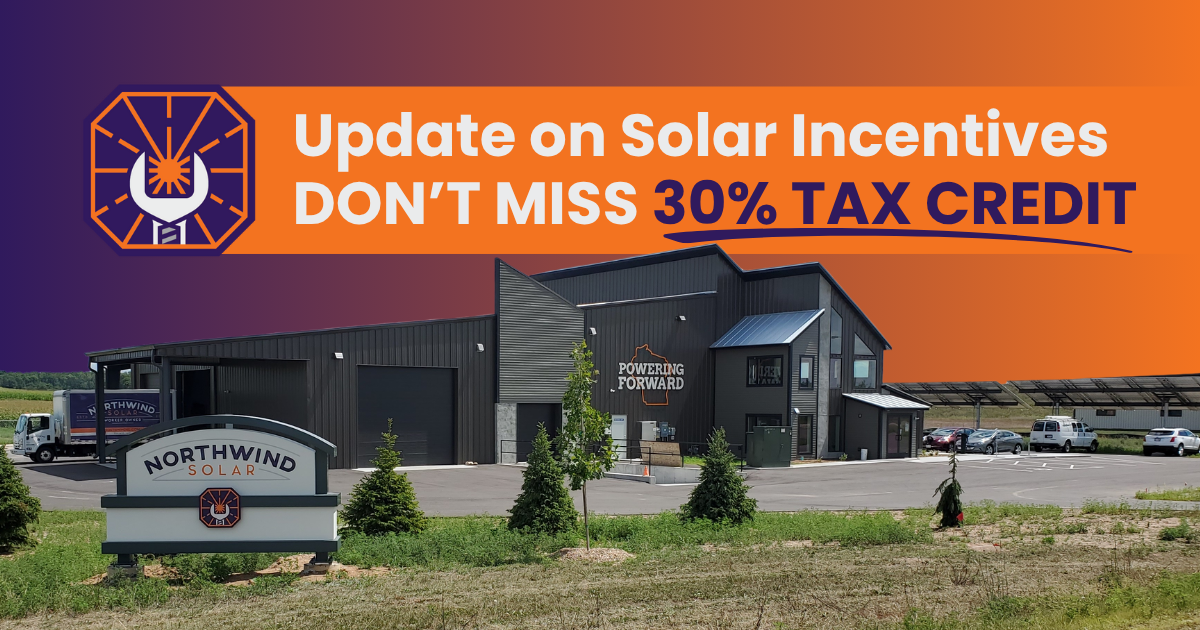
Right now, the federal Investment Tax Credit (ITC) offers a 30% tax credit to businesses that install solar energy systems. Originally scheduled to continue through 2033, the current Senate version of the bill maintains this 30% rate only through the end of 2025. After that, the credit is set to step down sharply: 18% in 2026, 6% in 2027, and 0% in 2028 and beyond.
Don’t Miss the Safe Harbor Window
Fortunately, there’s a way to lock in the full 30% credit before it’s reduced. Under the IRS’s "safe harbor"
provision, you can preserve the full ITC by beginning physical work on your project or making a minimum 5% down payment by the end of 2025
— even if your system is completed in 2026. This is a powerful opportunity to secure long-term financial benefits while the full federal incentive is still available.
Stackable Incentives Make the Financials Even Better
Beyond the ITC, there are several additional programs that can dramatically reduce your project’s net cost:
- 10% Domestic Content Bonus: Earn an extra 10% tax credit for using U.S.-made solar components.
- Focus on Energy Rebates: A Wisconsin-based program offering upfront cash rebates for solar projects.
- MACRS Accelerated Depreciation: A federal tax benefit that allows you to recover the cost of your solar system more quickly through tax deductions.
- Solar Central Wisconsin Grow Solar Group Buy: Group pricing and additional resources that make going solar more affordable for local businesses.
When stacked together, these incentives can cover a significant portion of your total investment, all while reducing your energy bills for decades to come.
Why Act Now
Solar has always been a smart investment, but today’s environment is uniquely favorable. With utility energy costs rising and key federal credits sunsetting, 2025 is the year to take action. Whether you’ve previously explored solar or are just getting started, revisiting your project now could mean locking in tens of thousands of dollars in savings.
Northwind Solar can help you navigate every step, from incentive qualification to project design and installation.
Improve your profitability by making a high-performing energy investment in your business. Achieve energy independence, support local businesses, and contact Northwind Solar today!
Reach out anytime at: 715‑630‑6451
___________________
Additional Resources:
Additional Resources:
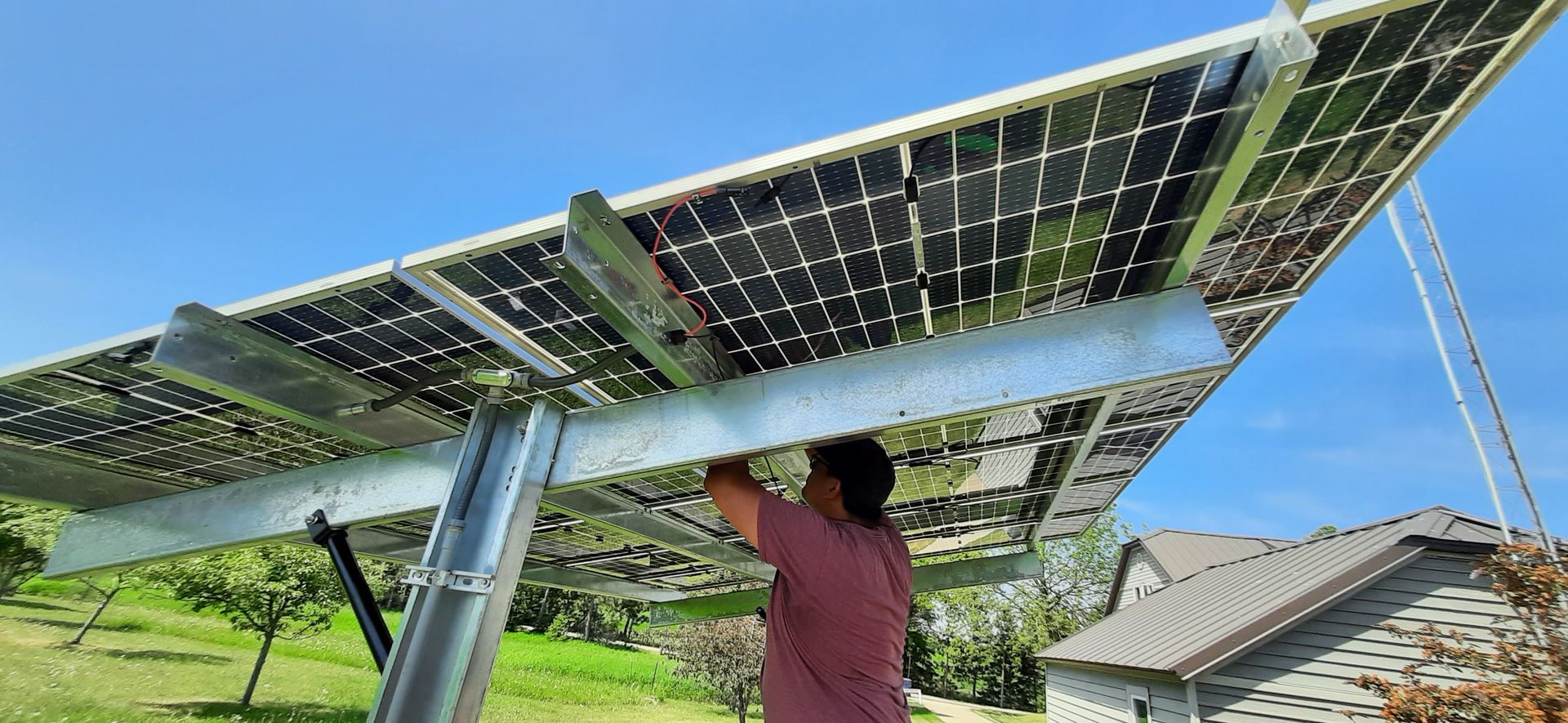
At Northwind Solar, we’ve seen firsthand how powerful a referral can be. When past customers share their story, what the process was like, how their system performs, and why they chose solar, it helps others feel confident taking the next step. That's exactly how five Stevens Point firefighters spread the solar spark! Over time, a close-knit group of retired firefighters turned decades of firehouse camaraderie into something bigger: a five-home solar ripple. Through trusted conversations, real-life experience, and shared values, one solar installation helped “spark” the next. Victor Kedrowski, Doug Christianson, Dennis Kitowski, Todd Becken, and Dennis Flanigan each chose to go solar with Northwind, and helped others feel confident doing the same through the kind of recommendation that only comes from people you truly trust.

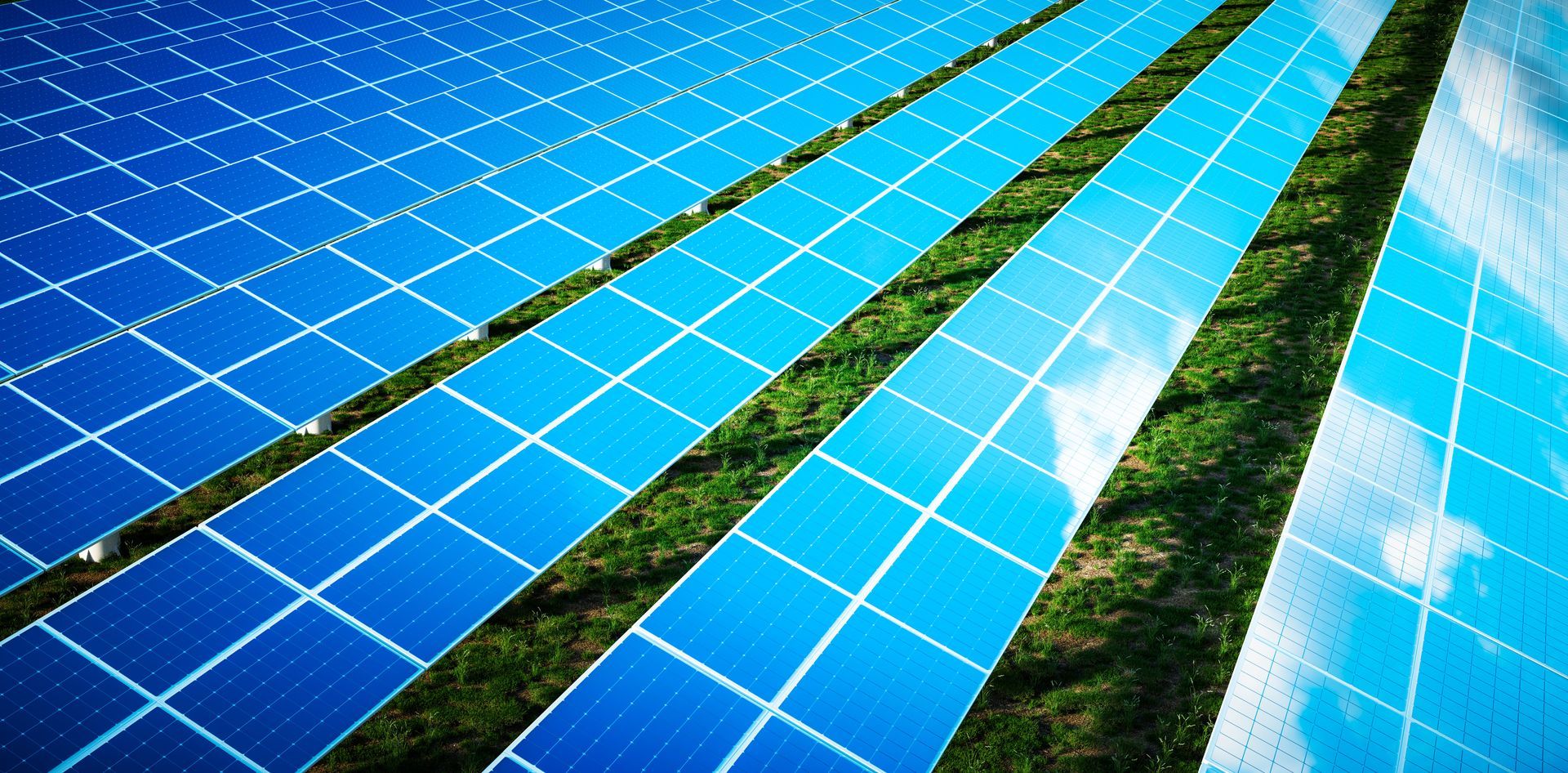
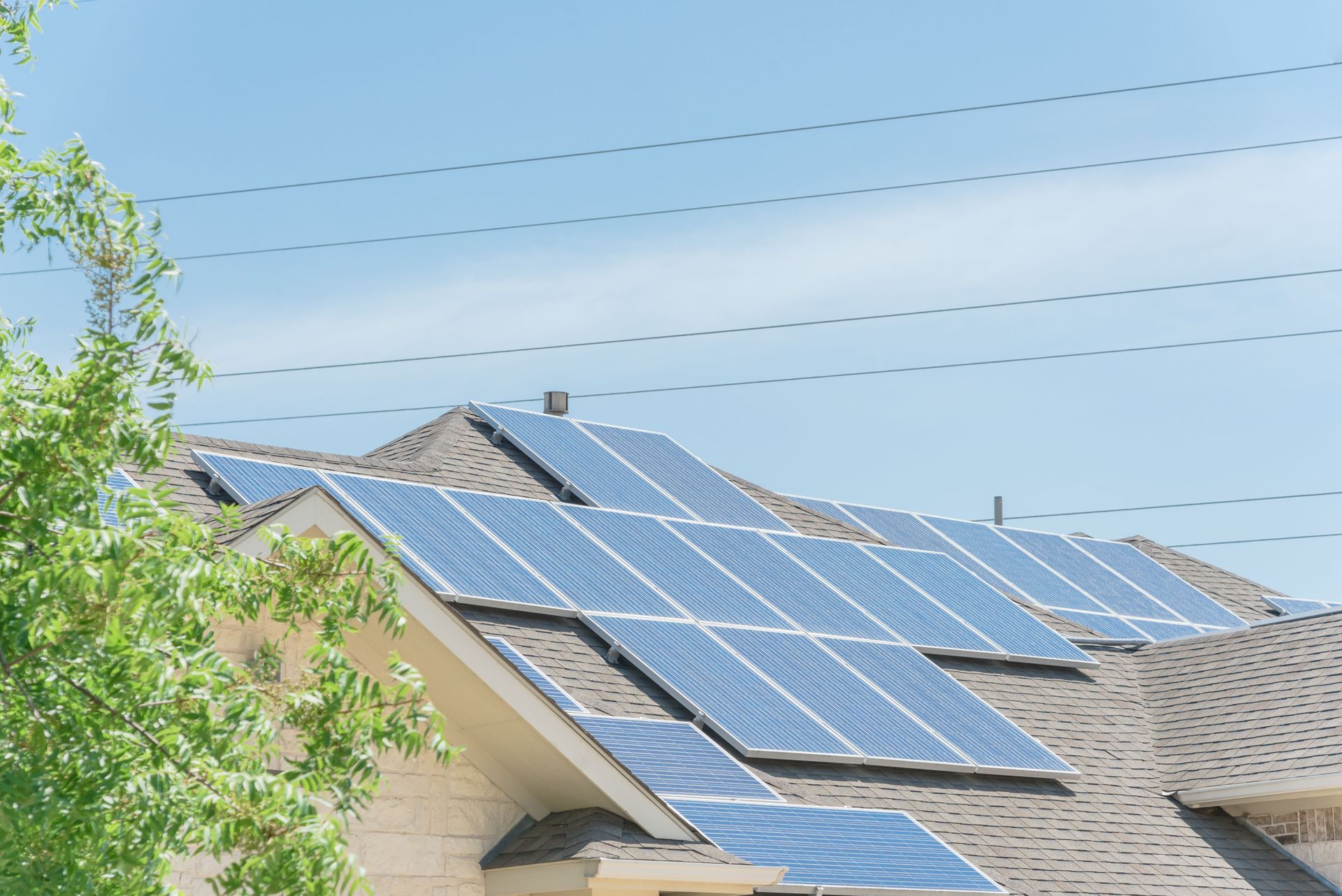
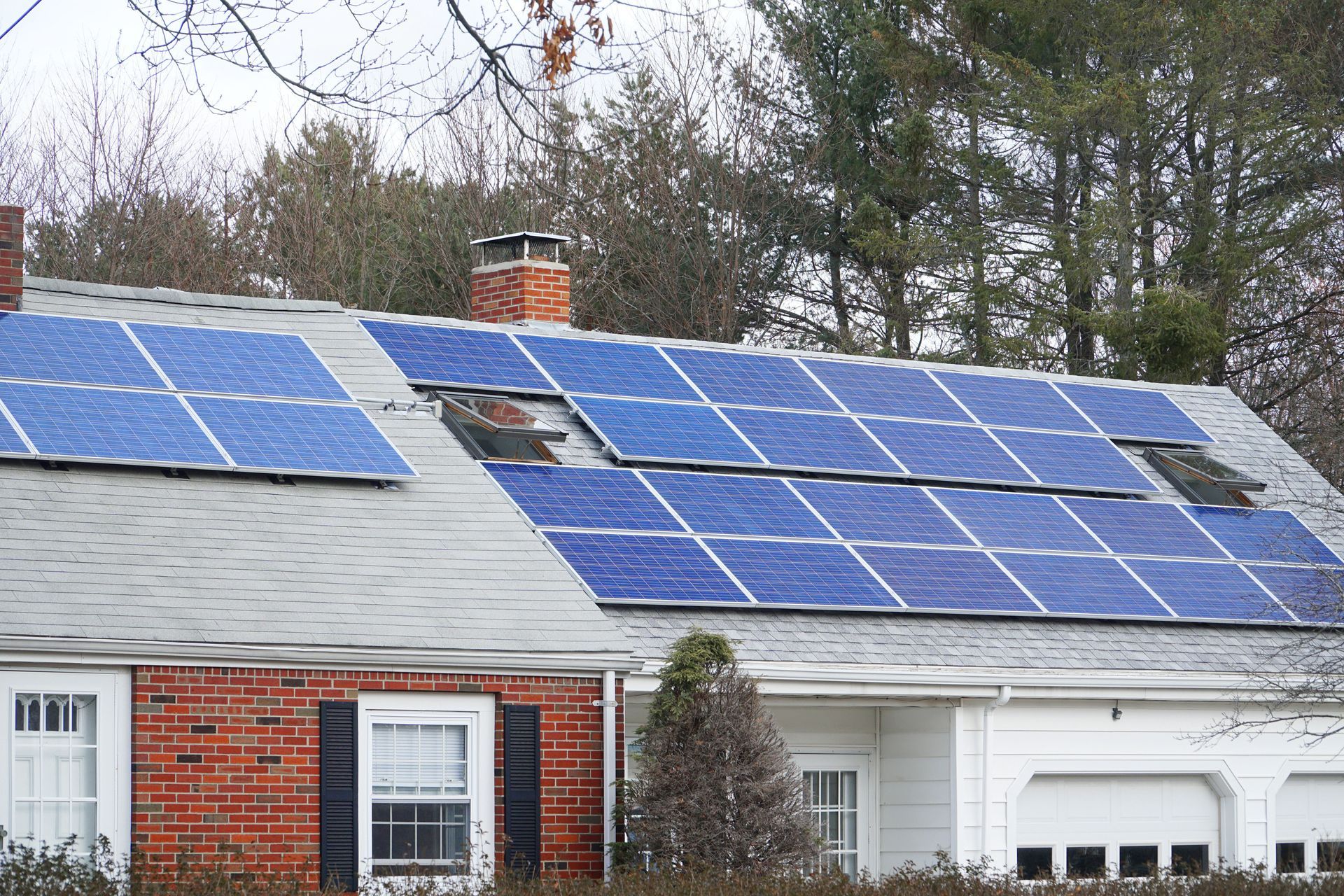
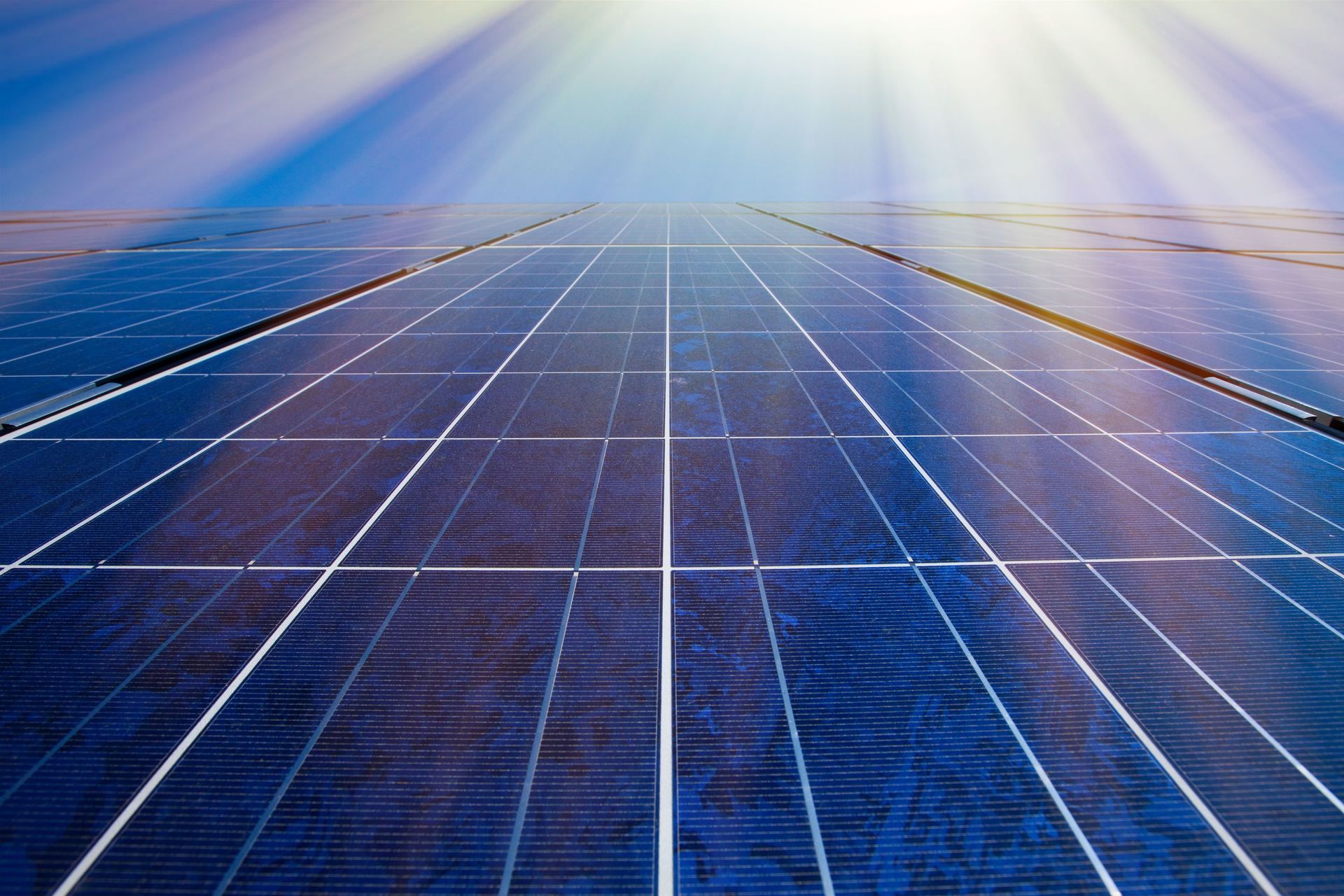
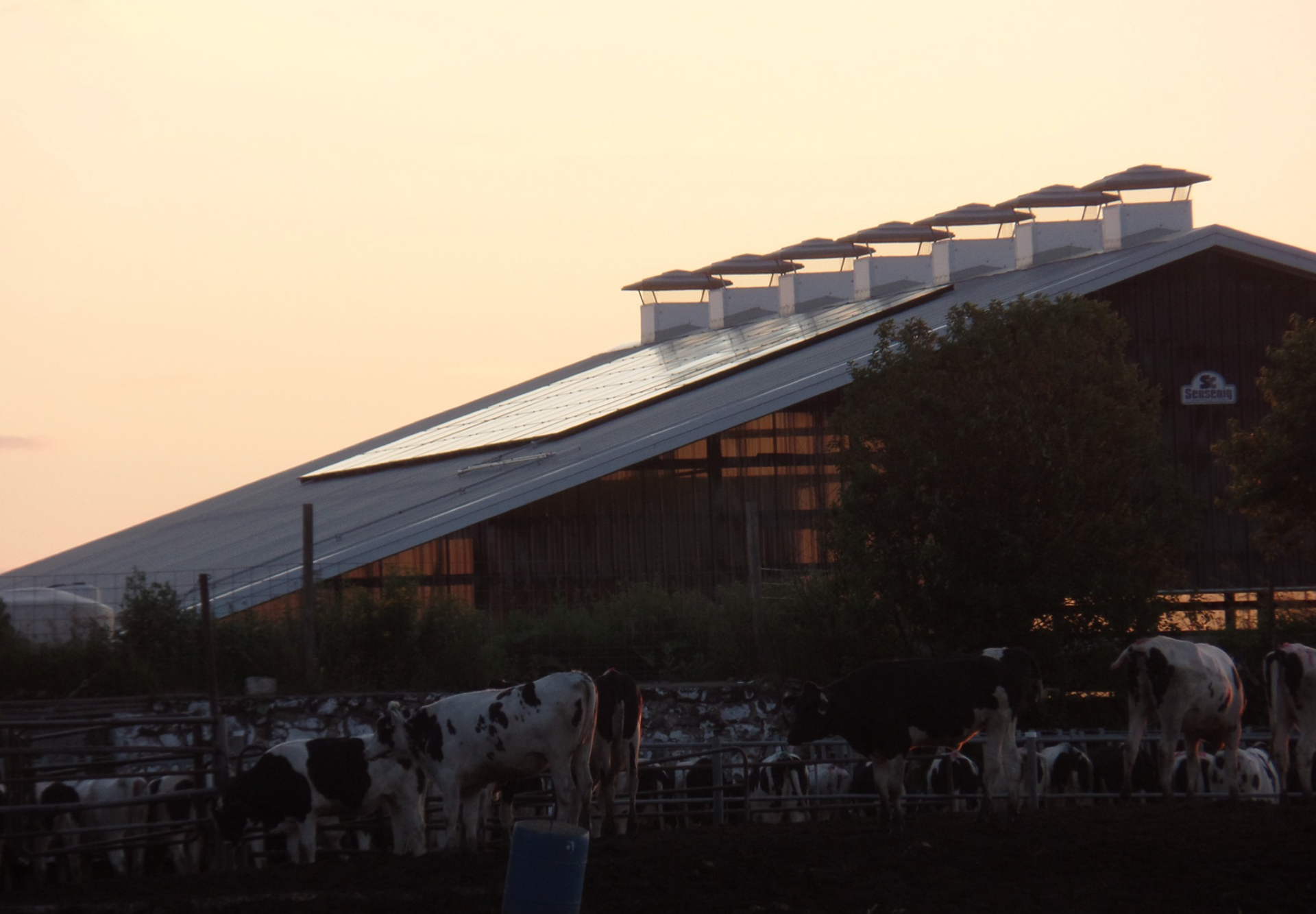
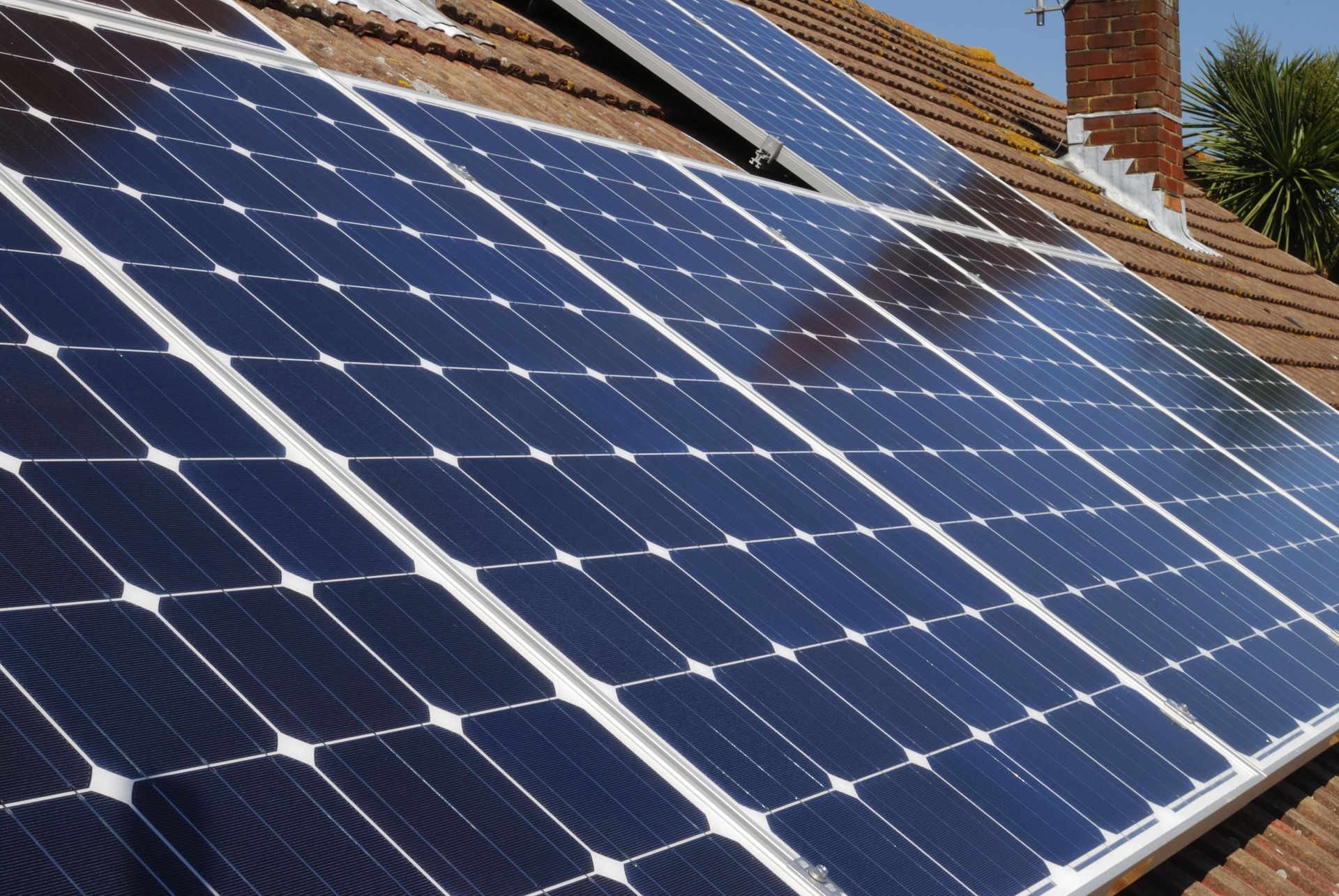
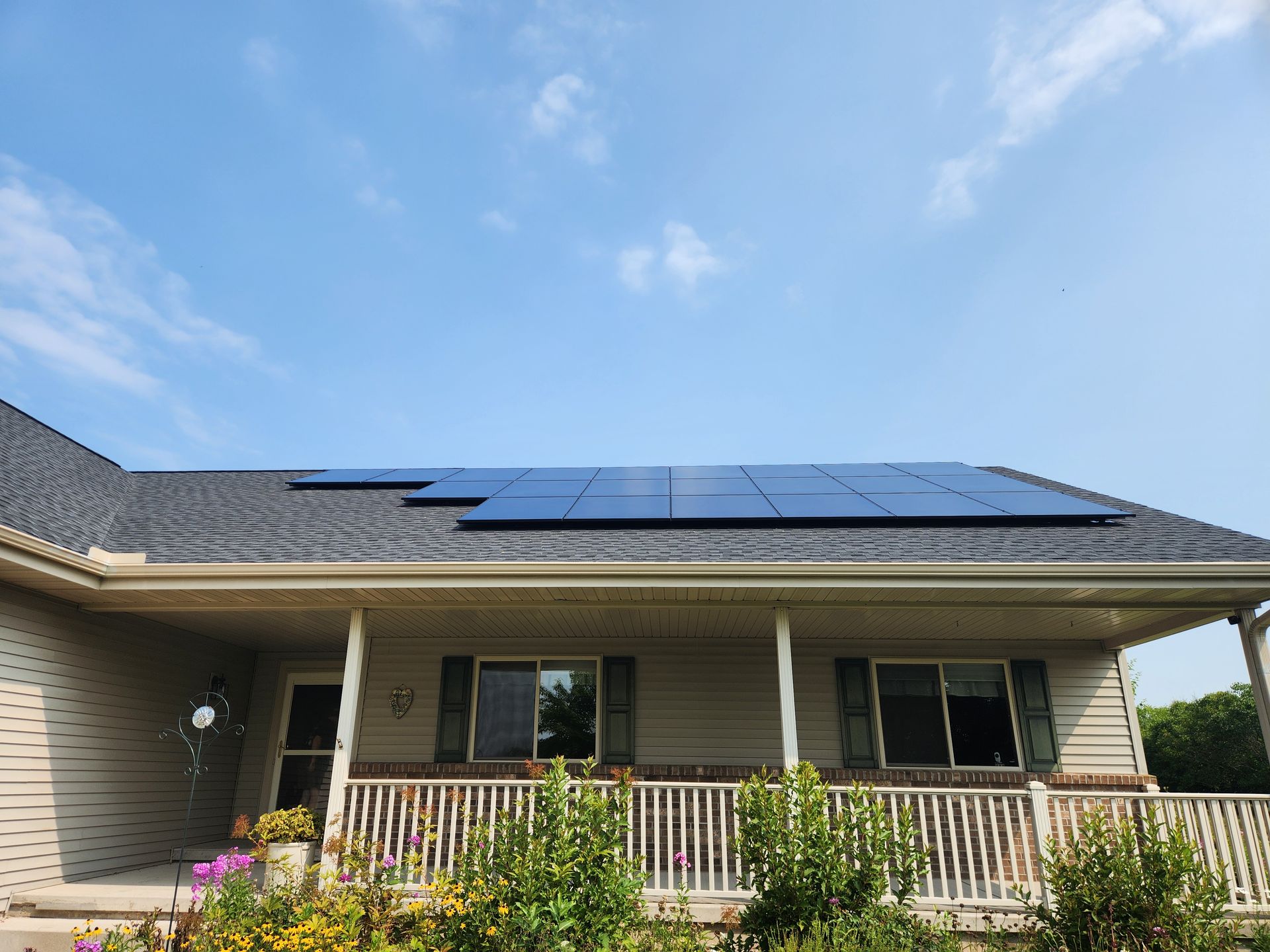
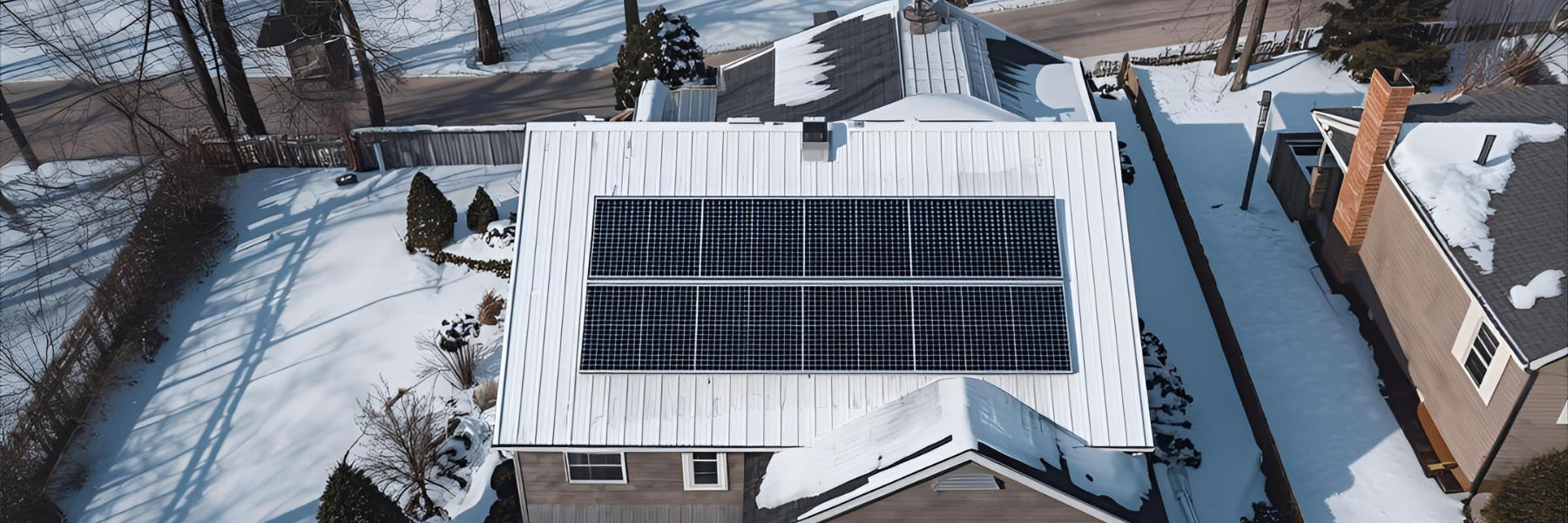
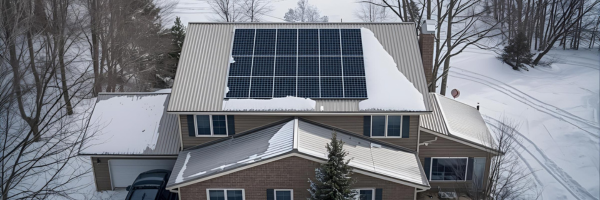
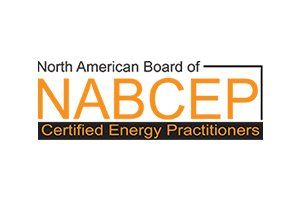
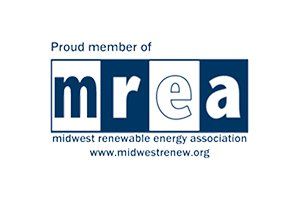

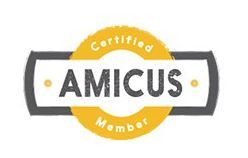
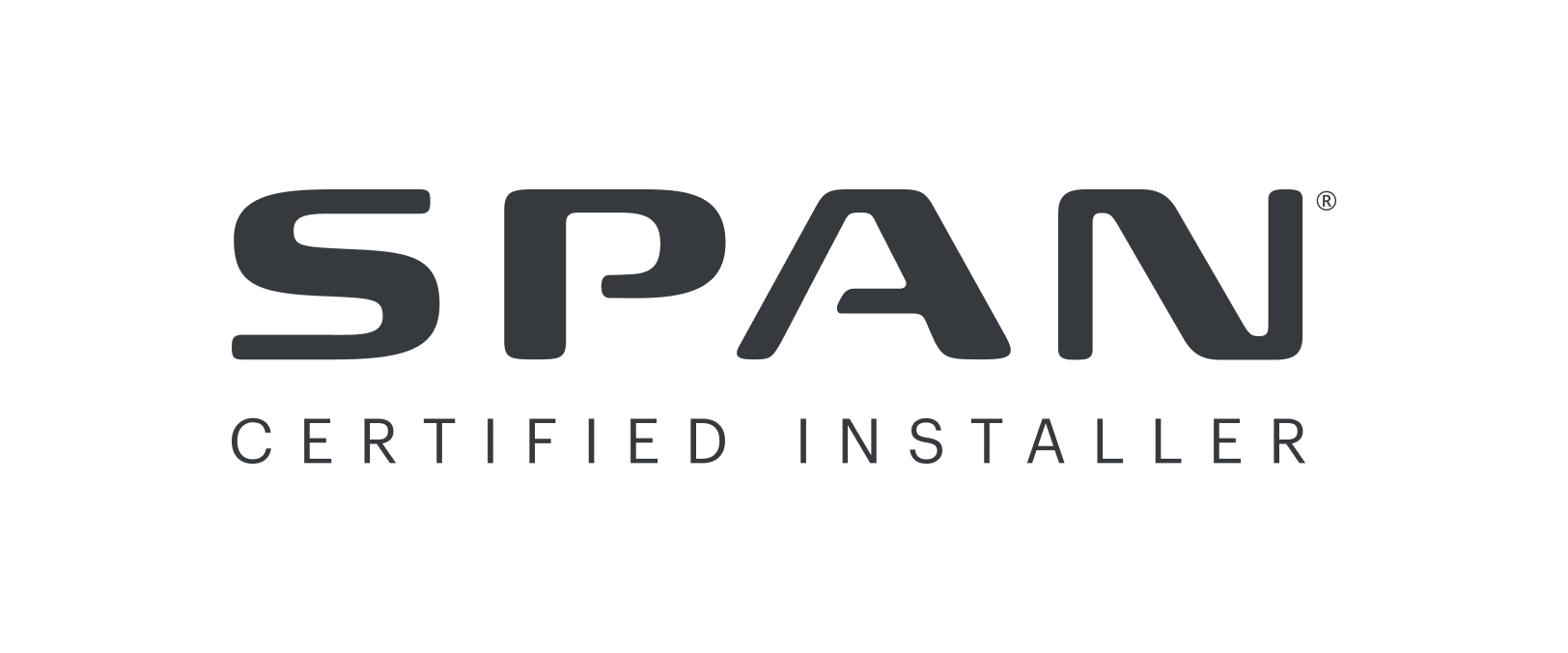
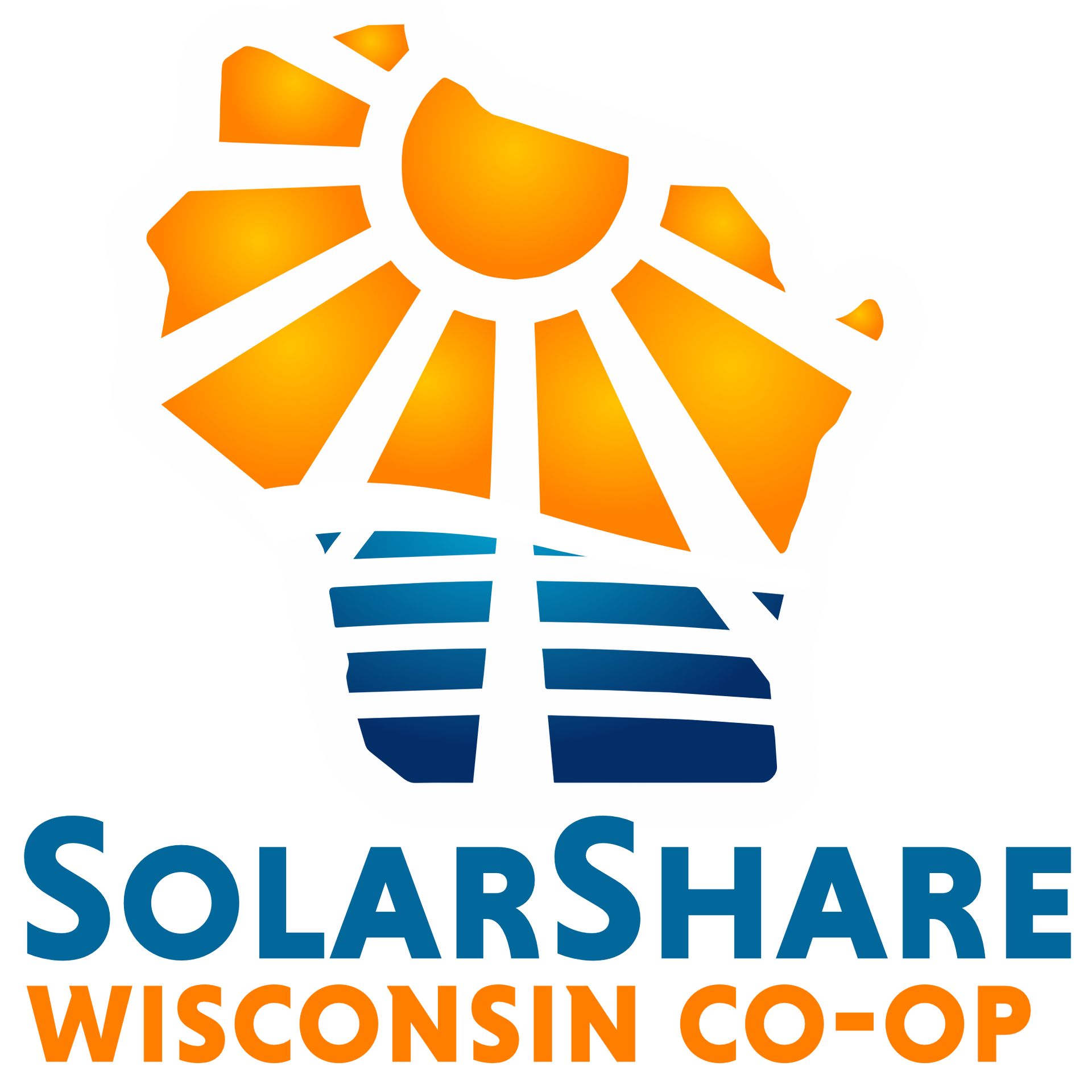
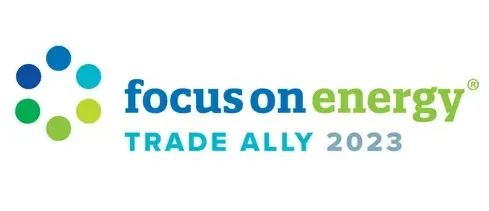
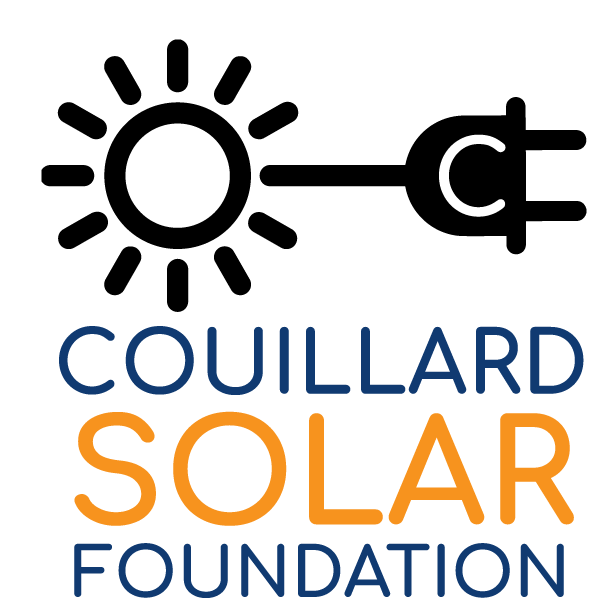



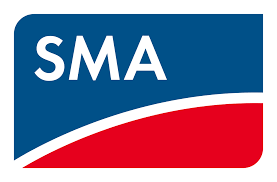
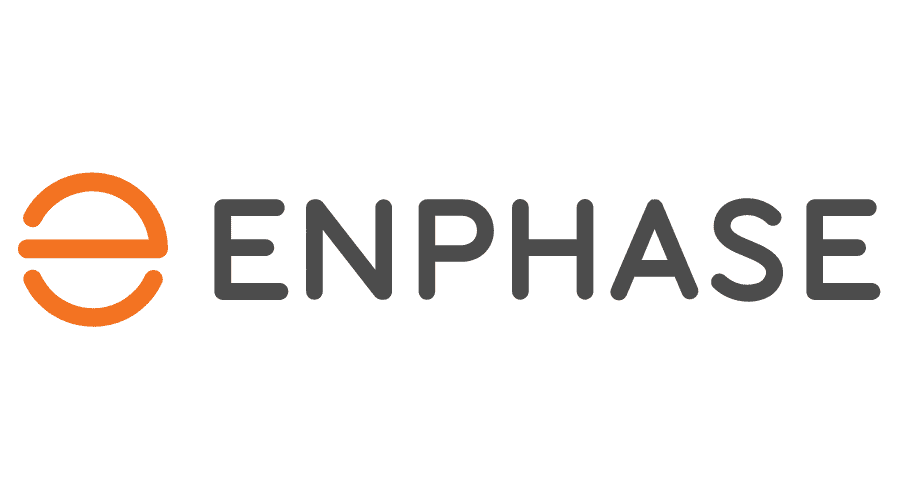
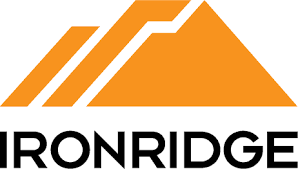




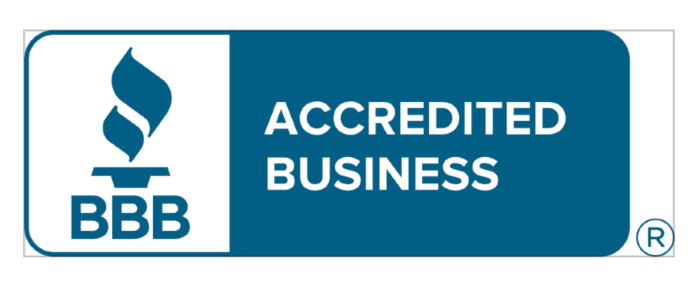
Share On: